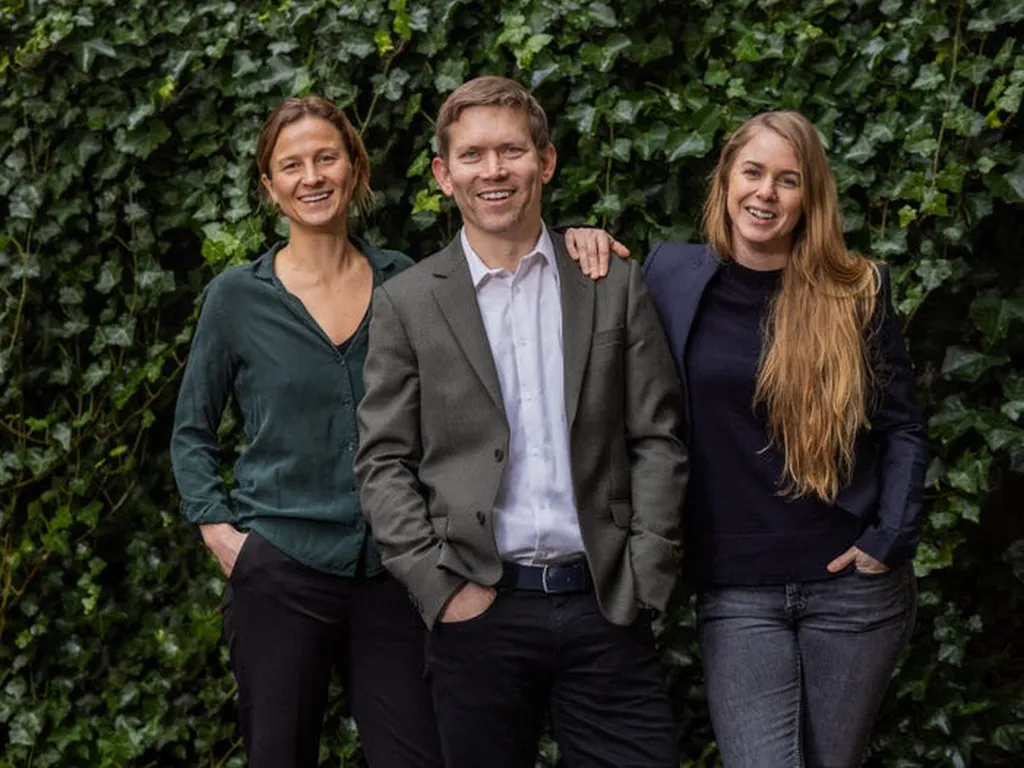In the rapidly evolving world of construction, prefabrication has emerged as a game-changer, offering cost savings, speed, and sustainability. Yet, ensuring the quality of prefabricated components, particularly concrete panels, remains a complex challenge. Enter P. Debus, a researcher from CERIS at Instituto Superior Técnico, University of Lisbon, who is pioneering a novel approach to quality control using computer vision technology.
Debus’s research, published in the International Archives of the Photogrammetry, Remote Sensing and Spatial Information Sciences—known in English as the International Archives of Photogrammetry, Remote Sensing and Spatial Information Sciences—focuses on developing a robust methodology for assessing the surface quality of prefabricated concrete panels. The key innovation lies in the use of the ΔE metric, a measure of color difference, to detect visible imperfections.
“Concrete is a highly heterogeneous material,” Debus explains. “This complexity makes it difficult to apply standard evaluation metrics from other industries, like automotive manufacturing, where computer vision methods are well-established.” By recognizing the unique material properties and design requirements of concrete panels, Debus’s approach offers a more precise and adaptable evaluation technique.
The implications for the construction industry are significant. High-quality prefabricated components are crucial for achieving high-performance buildings, and Debus’s research could enhance the overall quality and reliability of prefabricated concrete construction. This, in turn, could lead to more efficient and sustainable building practices, benefiting the energy sector by reducing waste and improving energy efficiency.
Moreover, the research has the potential to shape future developments in the field. As Debus notes, “The methodology can be further refined and adapted to other materials and applications, paving the way for more advanced quality control systems in the construction industry.” This could include the integration of artificial intelligence and machine learning algorithms to automate the quality control process, further enhancing efficiency and accuracy.
In an industry that is constantly seeking innovative solutions to improve quality and sustainability, Debus’s research offers a promising path forward. By leveraging the power of computer vision technology, the construction industry can achieve new levels of precision and reliability, ultimately leading to better buildings and a more sustainable future.

